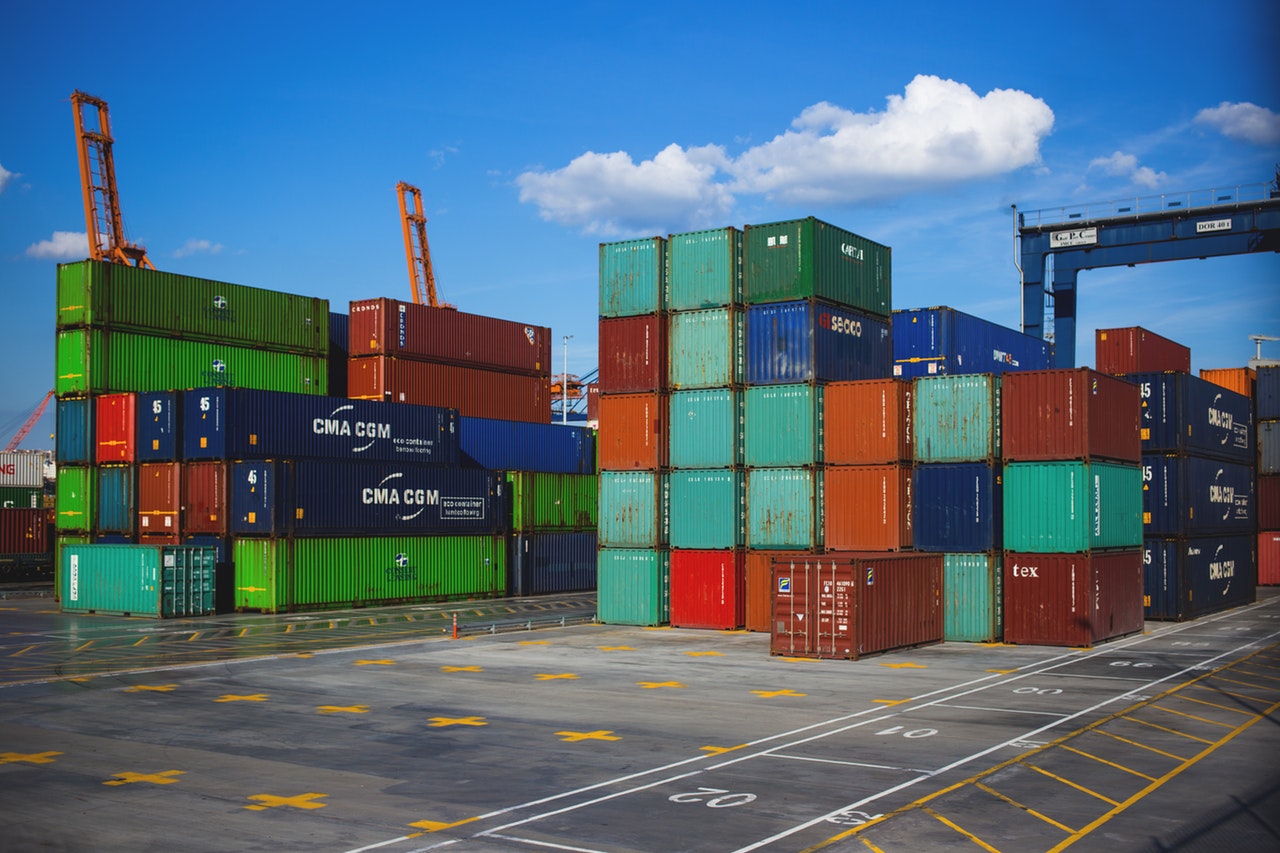World News
How to import goods from China to Nigeria

Importing goods from China to Nigeria involves several steps and considerations. Here’s a general guide to help you with the process:
-
Research Import Regulations: Start by researching the import regulations of Nigeria for the specific goods you intend to import. Different goods may have different import requirements, including permits, licenses, and quality certifications. Check with the Nigerian Customs Service or consult with a local customs broker to understand all the necessary requirements.
-
Identify Suppliers in China: Find reliable suppliers in China for the goods you wish to import. You can use online platforms like Alibaba, Global Sources, or attend trade shows in China to connect with potential suppliers.
-
Negotiate and Place Orders: Once you’ve identified suitable suppliers, negotiate the terms of the purchase, including the price, quantity, delivery schedule, and payment methods. Make sure to have a written agreement or contract that outlines all the terms to avoid any misunderstandings.
-
Arrange Shipping and Logistics: Choose a shipping method (air freight or sea freight) that fits your needs and budget. Engage a freight forwarder to handle the logistics and transportation of your goods from China to Nigeria.
-
Packaging and Labeling: Ensure the goods are appropriately packaged to withstand international shipping. Label the packages clearly with the recipient’s name, address, and contact information.
-
Prepare Shipping Documents: The required documents may include a commercial invoice, packing list, bill of lading, and any certificates or permits as per Nigerian import regulations. Your freight forwarder or shipping company can assist you in preparing these documents.
-
Calculate Import Duties and Taxes: Work with your freight forwarder to calculate the import duties, taxes, and other fees you’ll need to pay upon arrival in Nigeria.
-
Insurance: Consider obtaining shipping insurance to protect your goods during transit.
-
Track Your Shipment: Ensure that you can track your shipment’s progress from China to Nigeria. Many shipping companies provide online tracking services.
-
Customs Clearance in Nigeria: Your freight forwarder or customs broker should handle customs clearance in Nigeria. Be prepared for any potential delays or inspections during this process.
-
Delivery and Receipt: Once your goods clear customs in Nigeria, they will be delivered to the recipient’s address. Ensure the recipient is ready to receive the shipment and inspect the goods upon arrival.
-
Follow Up: After the delivery, follow up with the recipient to ensure everything arrived in good condition and there are no issues or complaints.
Always keep in mind that importing goods from China to Nigeria involves various legal, financial, and logistical aspects. It is essential to work with experienced professionals, such as customs brokers and freight forwarders, who can guide you through the process and ensure compliance with all relevant regulations.

















